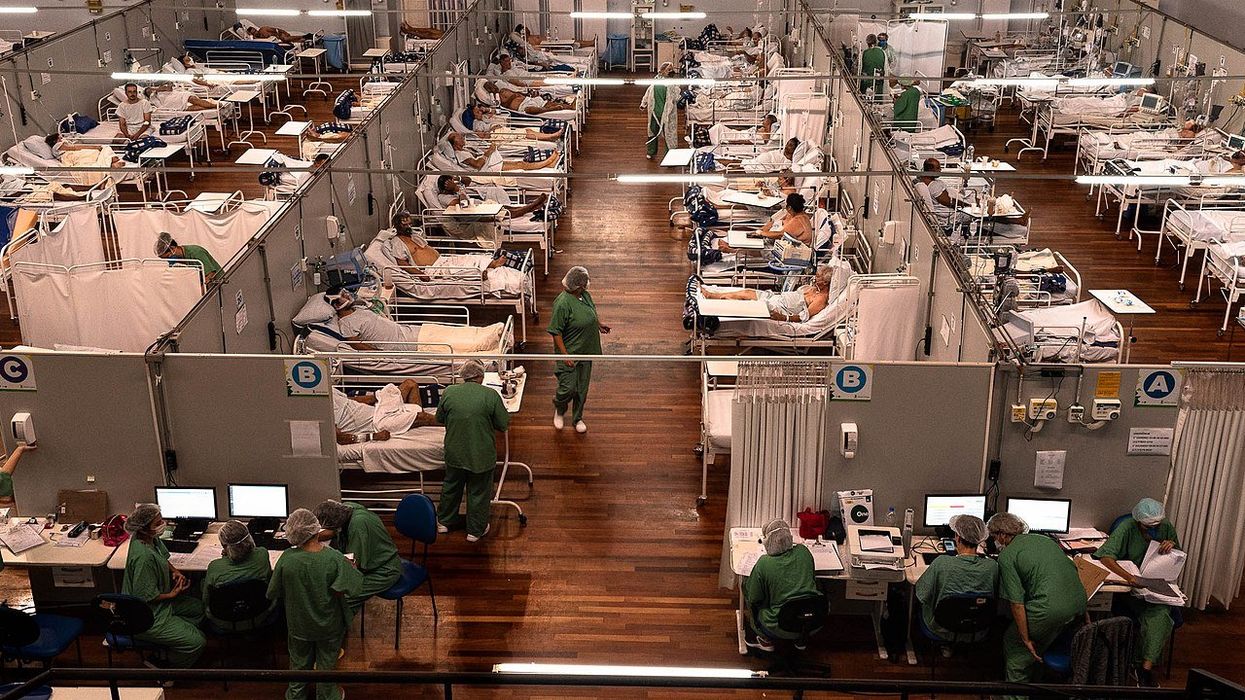Expert lays out 7 ways to make US 'less vulnerable' to next pandemic


Health experts have been warning that it's not a question of if another pandemic will occur — it's a question of when. The next pandemic may not be as bad as COVID-19, or it could be worse. But it will arrive sooner or later.
COVID-19 data underscores the need for preparedness. According to Johns Hopkins University in Baltimore, COVID-19 has killed more than 6.8 million people worldwide; that includes over 1.1 million deaths in the United States.
In an op-ed published by the Washington Post on May 11, science writer Amy Maxmen (a press fellow at the Council on Foreign Relations) offers seven ways in which the U.S. can protect itself against the threat of pandemics.
READ MORE: WHO declares end of COVID-19 global health emergency
"Nearly 380 times as many people have died in the United States from COVID-19 than from the September 11 terrorist attacks," Maxmen observes. "Those killings sparked sweeping reforms to defend Americans from violence. In contrast, little has been done to make the country less vulnerable to deadly pathogens."
Maxmen's recommendations are: (1) "put tests everywhere," (2), "staff hospitals," (3) "reward data," (4) "protect workers," (5) "reduce incarceration," (6) "develop and distribute drugs and vaccines," and (7) "commit to international solidarity."
Recommendation #5 may be the most difficult at a time when many MAGA Republicans — and Democrats as well — are pushing a tough-on-crime agenda. Maxmen notes, however, that a 2021 study by the JAMA Network "estimated there would have been a 2 percent reduction in daily coronavirus case growth rates had the U.S. rate of incarceration been the global average rather than the highest in the world."
Maxmen argues that isolationism make the United States more vulnerable to deadly pandemics, not less.
READ MORE: Top Florida health officials disregarded critical COVID-19 vaccine data: report
"The United States' repeated flirtation with an isolationist approach to pandemics in an interconnected world is folly," the science writer warns. "SARS-CoV-2 had spread to at least 19 countries within a month of the first reported cases in China on December 29, 2019."
READ MORE: Healing through acceptance: COVID-19 was a portal into our sick society
Amy Maxmen's full Washington Post op-ed is available at this link (subscription needed).